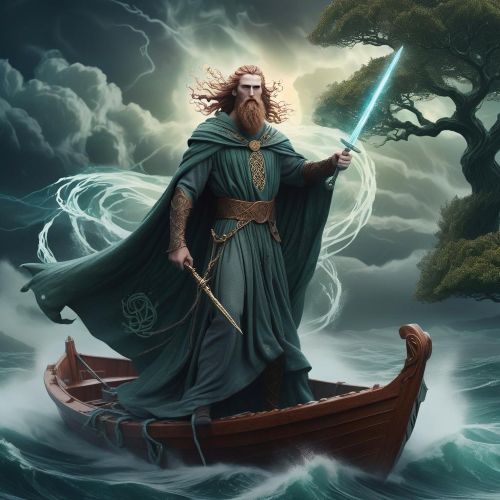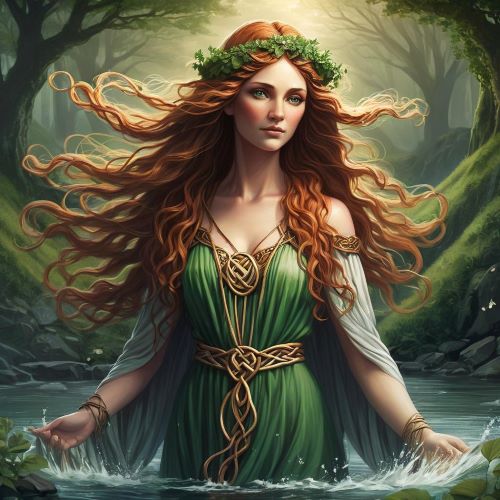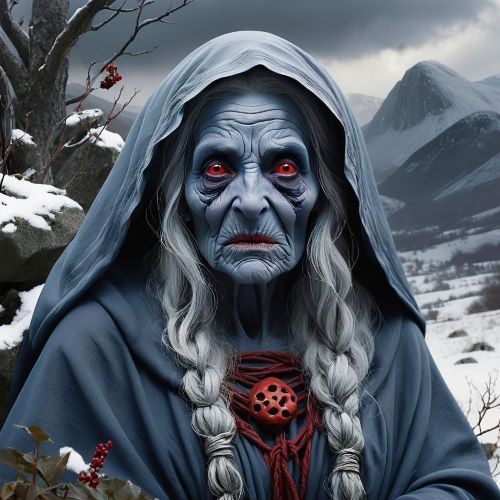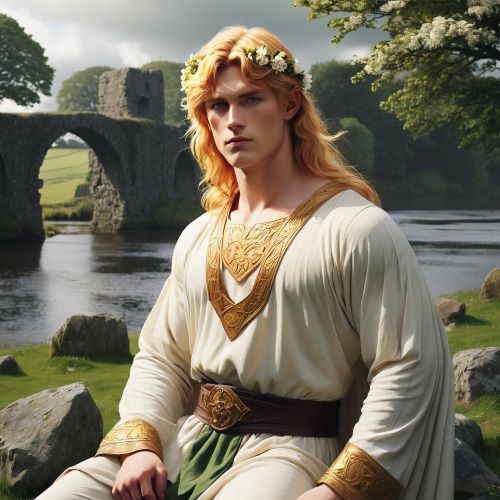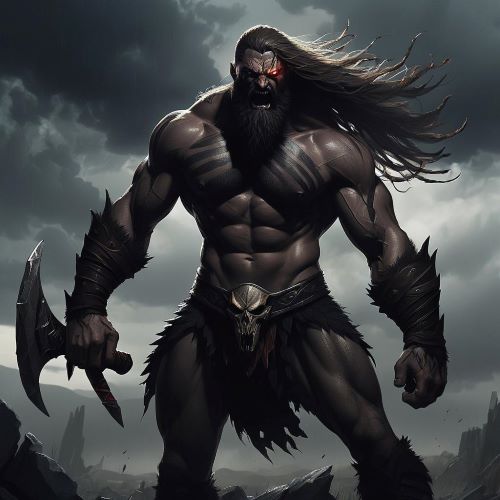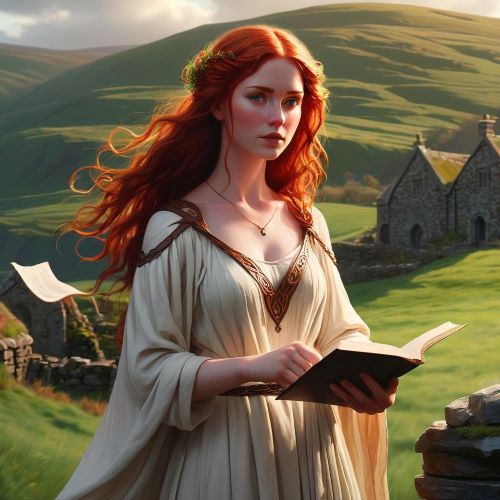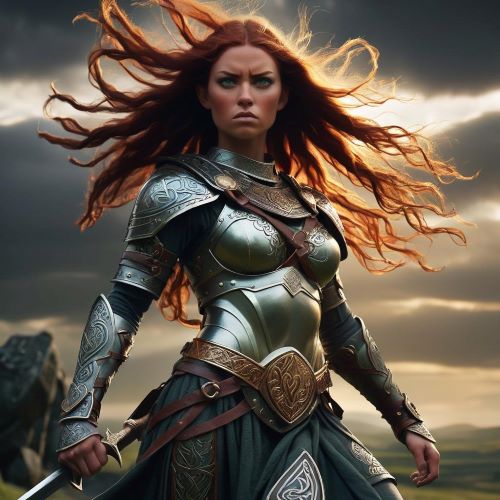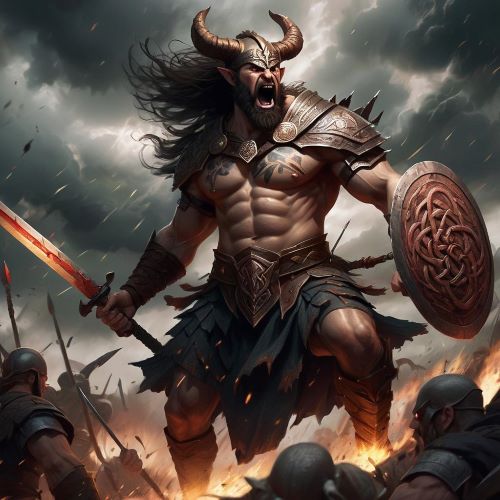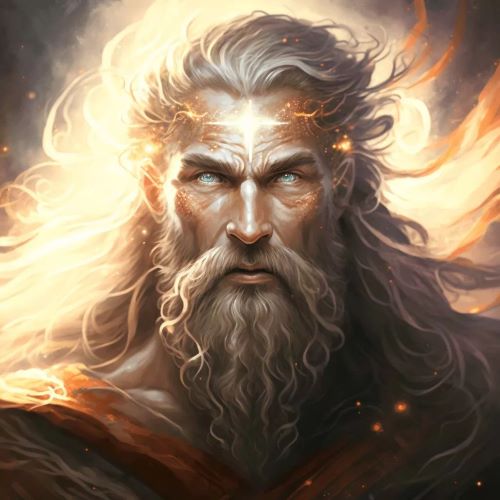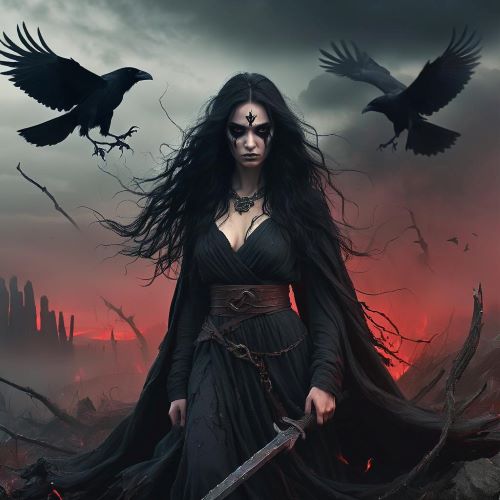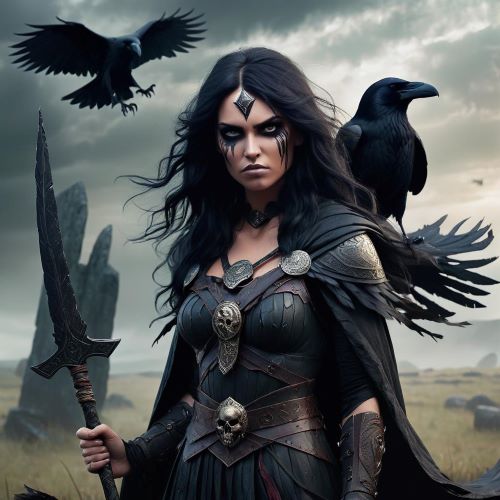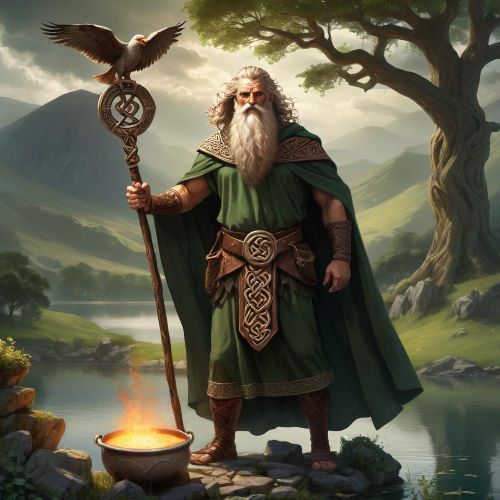Irish Gods
Irish gods are an integral part of the rich tapestry of mythology that has shaped Ireland’s cultural heritage. These deities, revered in ancient times, embody a diverse range of traits and powers, representing various aspects of life, nature, and human experience. From the majestic mountains to the rolling green fields, the stories of Irish gods reflect the deep connection between the land and its people. Through tales of heroism, love, and betrayal, these gods continue to inspire and resonate with contemporary audiences, showcasing the timeless nature of their narratives.
One of the most prominent figures in Irish mythology is the goddess Danu, often considered the mother of the Tuatha Dé Danann, the mythical race of gods and heroes. Danu symbolizes fertility, wisdom, and the earth itself, embodying the nurturing qualities that are essential to life. Her influence is felt in various aspects of nature, from rivers and mountains to the very soil that sustains the people. The reverence for Danu highlights the importance of the earth in Irish culture, underscoring the belief that the land is sacred and deserving of respect. As the mother figure of the gods, Danu’s legacy continues to be celebrated in modern interpretations of Irish mythology.
Another key figure in the pantheon of Irish gods is Lugh, known as the god of light, skills, and craftsmanship. Lugh is celebrated for his extraordinary talents and is often depicted as a hero who embodies the spirit of innovation and creativity. His tales, which include his leadership in battles and his quest for knowledge, emphasize the values of bravery, intelligence, and the importance of using one’s gifts for the greater good. Lugh’s character serves as an inspiration for those seeking to harness their abilities and strive for excellence, making him a beloved figure in both ancient and contemporary narratives.
The god Dagda, often referred to as the “Good God,” plays a multifaceted role in Irish mythology, representing fertility, agriculture, and abundance. He is known for his magical cauldron, which provides endless sustenance, and his club, which can both create and destroy. Dagda’s stories highlight the balance of life and the duality of existence, reflecting the complexities of human nature. As a protector and provider, Dagda embodies the values of generosity and community, serving as a reminder of the interconnectedness of all beings.
Irish gods also encompass figures such as the goddess Brigid, who represents poetry, healing, and fertility. Brigid’s character is particularly significant in Irish culture, as she embodies the power of inspiration and the importance of nurturing creativity. Her association with fire and the hearth further emphasizes the theme of domesticity and the central role of women in sustaining community life. Brigid’s legacy continues to influence modern Irish traditions, making her a symbol of empowerment and resilience.
Today, the stories of Irish gods remain relevant, inspiring literature, art, and popular culture. Their timeless tales resonate with themes of courage, wisdom, and the relationship between humanity and the divine. By exploring the rich mythology surrounding Irish gods, we gain valuable insights into the cultural identity of Ireland and the universal themes that connect us all. The enduring legacy of these deities celebrates the spirit of a nation deeply rooted in its history and mythology, inviting exploration and appreciation of its rich heritage.
Irish gods are an integral part of the rich tapestry of mythology that has shaped Ireland’s cultural heritage. These deities, revered in ancient times, embody a diverse range of traits and powers, representing various aspects of life, nature, and human experience. From the majestic mountains to the rolling green fields, the stories of Irish gods reflect the deep connection between the land and its people. Through tales of heroism, love, and betrayal, these gods continue to inspire and resonate with contemporary audiences, showcasing the timeless nature of their narratives.
One of the most prominent figures in Irish mythology is the goddess Danu, often considered the mother of the Tuatha Dé Danann, the mythical race of gods and heroes. Danu symbolizes fertility, wisdom, and the earth itself, embodying the nurturing qualities that are essential to life. Her influence is felt in various aspects of nature, from rivers and mountains to the very soil that sustains the people. The reverence for Danu highlights the importance of the earth in Irish culture, underscoring the belief that the land is sacred and deserving of respect. As the mother figure of the gods, Danu’s legacy continues to be celebrated in modern interpretations of Irish mythology.
Another key figure in the pantheon of Irish gods is Lugh, known as the god of light, skills, and craftsmanship. Lugh is celebrated for his extraordinary talents and is often depicted as a hero who embodies the spirit of innovation and creativity. His tales, which include his leadership in battles and his quest for knowledge, emphasize the values of bravery, intelligence, and the importance of using one’s gifts for the greater good. Lugh’s character serves as an inspiration for those seeking to harness their abilities and strive for excellence, making him a beloved figure in both ancient and contemporary narratives.
The god Dagda, often referred to as the “Good God,” plays a multifaceted role in Irish mythology, representing fertility, agriculture, and abundance. He is known for his magical cauldron, which provides endless sustenance, and his club, which can both create and destroy. Dagda’s stories highlight the balance of life and the duality of existence, reflecting the complexities of human nature. As a protector and provider, Dagda embodies the values of generosity and community, serving as a reminder of the interconnectedness of all beings.
Irish gods also encompass figures such as the goddess Brigid, who represents poetry, healing, and fertility. Brigid’s character is particularly significant in Irish culture, as she embodies the power of inspiration and the importance of nurturing creativity. Her association with fire and the hearth further emphasizes the theme of domesticity and the central role of women in sustaining community life. Brigid’s legacy continues to influence modern Irish traditions, making her a symbol of empowerment and resilience.
Today, the stories of Irish gods remain relevant, inspiring literature, art, and popular culture. Their timeless tales resonate with themes of courage, wisdom, and the relationship between humanity and the divine. By exploring the rich mythology surrounding Irish gods, we gain valuable insights into the cultural identity of Ireland and the universal themes that connect us all. The enduring legacy of these deities celebrates the spirit of a nation deeply rooted in its history and mythology, inviting exploration and appreciation of its rich heritage.

